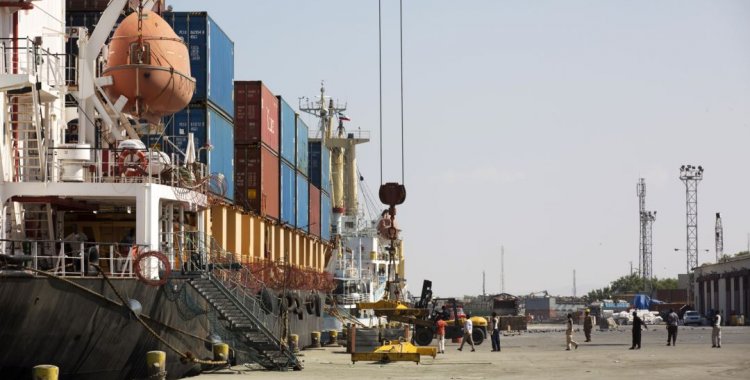The AfCFTA - Year Zero report, promoted by the partnership that brings together African business and political leaders, The AfroChampions Iniciative, was prepared before the pandemic caused by the new coronavirus hit the continent.
The document was released on Monday at a time when private sector concerns are growing about a possible postponement of the official entry into force of the African Free Trade Area on July 1st.
The study assessed, on the one hand, the commitment of the 55 member states of the African Union to the free trade area, namely through the signature or ratification of the agreement and related protocols, and on the other hand, the degree of readiness for the entry into force in their territories of the measures contemplated therein.
When combined, Equatorial Guinea (28th), Mozambique (29th), Guinea-Bissau (41st), Angola (46th) and Cape Verde (52nd) are all below the middle of the table.
Above this line only Sao Tome and Principe, which ranks 10th among the most committed countries and was, besides Equatorial Guinea, the only lusophone country to ratify the agreement.
In the combination of the two criteria, it falls to 13th place.
The most committed country is Rwanda and the least committed is Eritrea, which has not signed the agreement.
The first 10 places in terms of commitment are dominated by East African countries - Rwanda (1st), Uganda (4th), Kenya (7th) and Djibouti (9th) - and West Africa - Mali (2nd), Togo (3rd), Ghana (5th), Niger (6th) and Senegal (8th).
Sao Tome and Principe (10th) is the only Central African country in the top 10.
The authors of the study express concern about the presence of four North African countries - Tunisia, Morocco, Algeria and Libya - among the least committed, given the size and importance of their economies.
The ranking also valued the countries' commitment to the free movement of persons, which placed many states with "a relatively low level of commitment".
As for the readiness to implement trade facilitation measures between countries in the region, the best prepared country is South Africa and the worst prepared is South Sudan.
The top 10 in terms of readiness are dominated by five southern African countries - South Africa, Botswana, Mauritius, Namibia and Zambia - but also include countries in North Africa (Egypt) East Africa (Rwanda, Kenya and Tanzania) and West Africa (Côte d'Ivoire).
In the combined commitment and readiness ranking, Rwanda leads the table, followed by Kenya (2nd), Togo (3rd), Côte d'Ivoire (4th), Uganda (5th), Ghana (6th), Senegal (7th), Mauritius (8th), Djibouti (9th) and Niger (10th).
None of the continent's three largest economies - South Africa, Egypt and Nigeria - ranks in the top 10 in overall performance.
Among the 10 worst ranked countries, the study highlights the cases of Angola (46th), Libya (49th) and Burundi (50th) that have not yet ratified the agreement and the protocol on the free movement of persons.
The study notes that 47 per cent of the countries have not yet ratified the treaty and that none of the 54 states that have signed has completed their national strategy for its implementation, considering that the absence of these strategies represents a "serious risk to the long-term viability of the agreement".
The free trade agreement aims to liberalize trade on the continent and to eliminate tariffs on 90 percent of products.
AfCFTA will create the world's largest market with a cumulative Gross Domestic Product (GDP) of $2.5 billion, according to estimates prior to the covid-19 pandemic.







